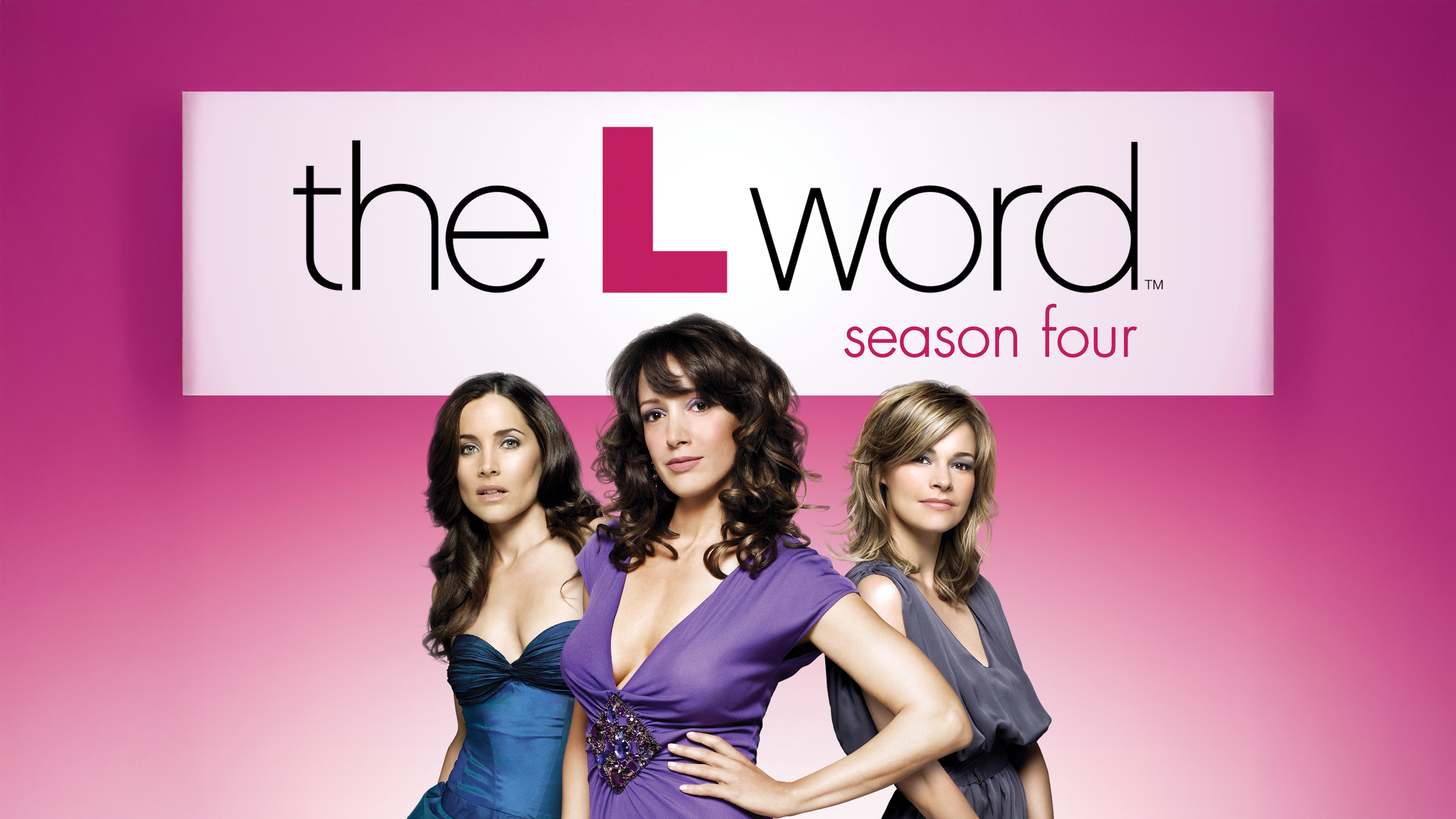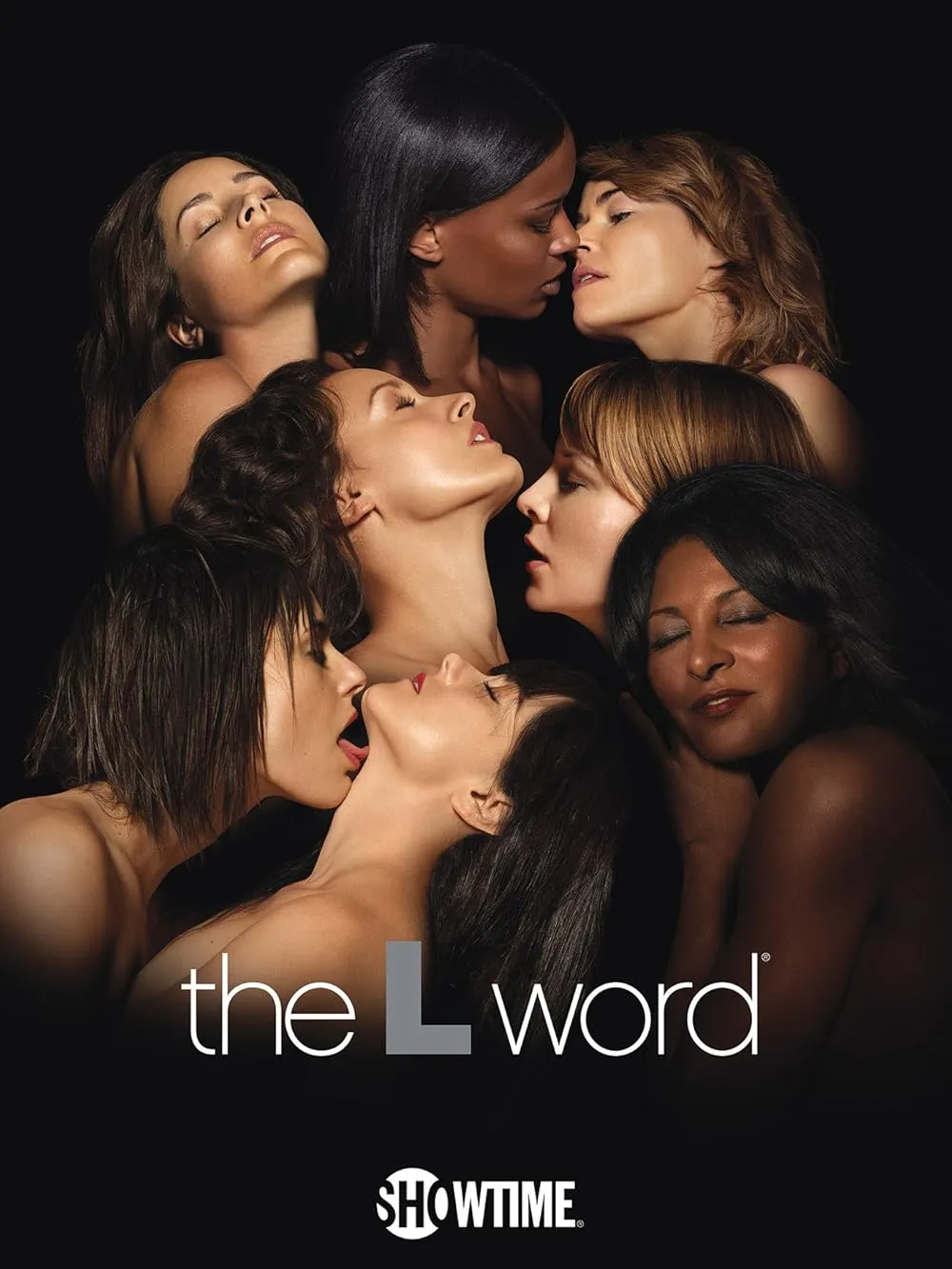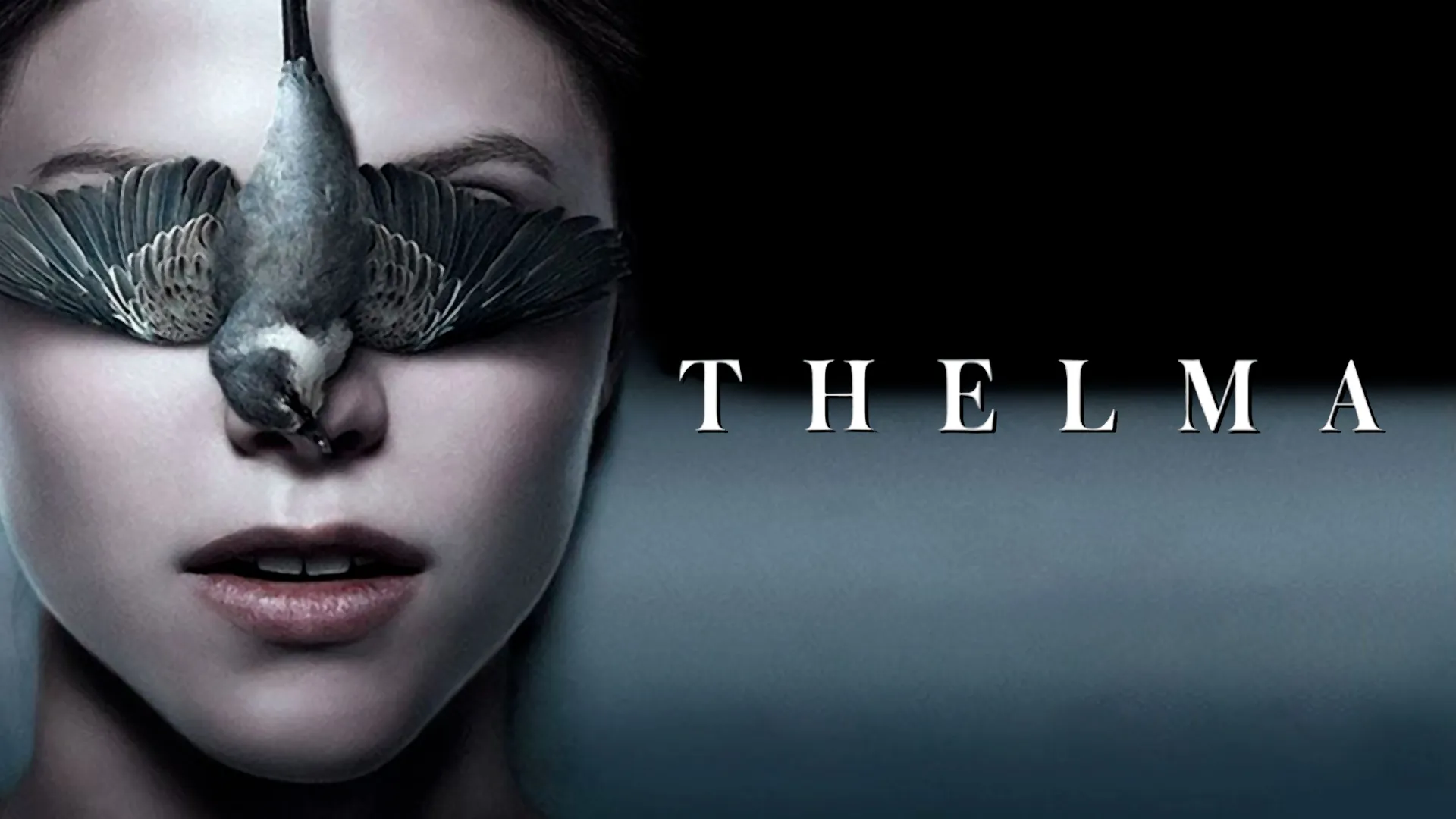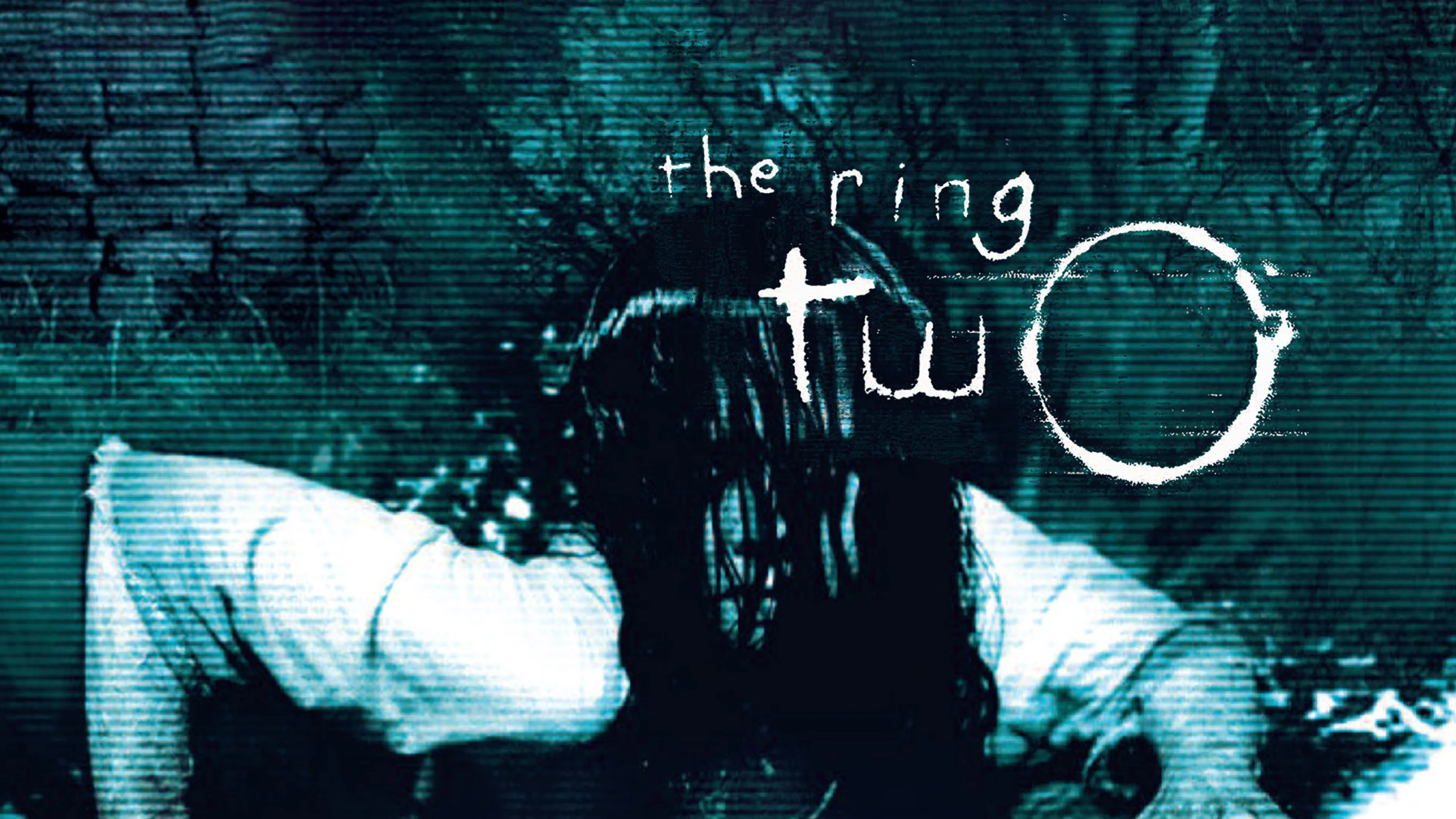The L Word (2004–2009) is a groundbreaking television series that explores the lives, relationships, and struggles of a diverse group of lesbian and bisexual women in Los Angeles. Created by Ilene Chaiken, the show was one of the first mainstream series to focus on LGBTQ+ women, offering a bold and unapologetic look at their personal and professional experiences. With its mix of romance, drama, and social issues, The L Word became a cultural phenomenon and an essential part of LGBTQ+ representation in media.
The series revolves around a tight-knit community of women, each with unique personalities and compelling storylines. At the heart of the show are Bette Porter (Jennifer Beals), a passionate and ambitious art curator, and Tina Kennard (Laurel Holloman), her loving but conflicted partner. Their relationship is central to the story, evolving through love, betrayal, and parenthood. Other key characters include Shane McCutcheon (Katherine Moennig), a charismatic and androgynous hairstylist known for her wild love life, and Alice Pieszecki (Leisha Hailey), a witty journalist who keeps track of everyone’s romantic connections.

One of the show’s strengths is its ability to blend drama with humor while addressing real-life issues. The L Word does not shy away from topics such as coming out, discrimination, same-sex parenting, and gender identity. It also tackles complex themes like infidelity, addiction, and career struggles, making the characters’ journeys feel authentic and relatable. The series provided a rare platform for discussing LGBTQ+ issues on television at a time when representation was still limited.

The show’s portrayal of relationships is one of its most compelling aspects. Whether it’s Bette and Tina’s evolving dynamic, Shane’s fear of commitment, or Jenny Schecter’s (Mia Kirshner) transformation from a naïve writer to a controversial figure, every relationship is layered with passion, heartbreak, and personal growth. The chemistry between the characters makes their friendships and romances feel real, keeping audiences emotionally invested throughout the series.
Visually, The L Word captures the vibrant and stylish world of Los Angeles, featuring trendy cafés, glamorous parties, and sophisticated art galleries. The show’s aesthetic reflects the diversity of its characters, creating an atmosphere that feels both aspirational and grounded in reality. The soundtrack, filled with indie and pop music, further enhances the show’s modern and edgy feel, making it an iconic part of LGBTQ+ culture.

Beyond its entertainment value, The L Word had a significant cultural impact. It provided representation for a community that was often ignored or misrepresented in mainstream media. Many fans saw themselves reflected on screen for the first time, which helped normalize same-sex relationships and break down stereotypes. The show also sparked important conversations about LGBTQ+ rights, paving the way for more inclusive storytelling in television and film.

Although the original series ended in 2009, its influence remained strong. In 2019, the reboot The L Word: Generation Q was launched, introducing a new generation of LGBTQ+ characters while bringing back some beloved originals. This continuation demonstrated the lasting power of the series and its ability to adapt to the evolving landscape of queer representation in media.
Ultimately, The L Word is more than just a TV show—it is a landmark in LGBTQ+ history. With its dynamic characters, compelling storylines, and fearless approach to important issues, it remains a must-watch for anyone interested in meaningful, diverse storytelling. Whether you’re experiencing it for the first time or revisiting it years later, The L Word continues to be a powerful and emotionally resonant series that celebrates love, identity, and the strength of community.



